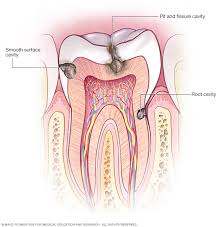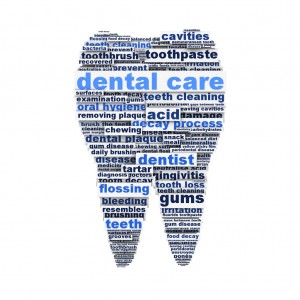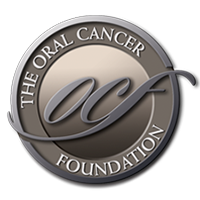Cavity Conundrum
May 30th, 2017
You take great care of your teeth; In the morning you brush with fluoridated toothpaste and swish with antiseptic mouthwash. In the evening you brush and floss. You visit the dentist every six months to ensure your ‘chiclets’ are in top form. But wait. What? A cavity? Why?
Cavities are all too common in adults. More than 90% of us have had a cavity. But not all of us experience tooth decay for the same reasons. Your degree of vulnerability to getting a cavity is influenced by multiple factors. Below are some of the many causes of cavities.
Family History
Many people have inherited deep grooves on the surface of their teeth. The grooves can be cavity-causing culprits since bacteria can easity be trapped in these crevices. Consider talking with you dentiast about dental sealants to smooth over the grooves
Mouth Acidity
Acid breaks down your enamel, so keeping your PH level in a neutral range is important for maintaining strong teeth that can remineralize when the enamel breaks down. You can influence you mouth’s pH by reducing your consumption of acidic foods like soft drinks, coffee, nuts and bread and upping your intake of low-acidity foods like spinach, broccoli, blueberries and avocados.
Overcrowded Teeth
Overcrowded teeth can trap food, making it more difficult to get your teeth really clean and create a breeding ground for the bacteria that causes cavities. Overcrowding can be addressed by an orthodontists and may require extractions, braces or aligners to correct.
Dry Mouth
Saliva washes away food and debris from the teeth and gums and provides disease-fighting substances that help prevent cavities and other infections. Certain medications, treatments for cancer and horomonal changes can cause dry mouth. To keep saliva flowing freely be sure to drink plenty of water, chew sugarless gum and ask your dentist about a hydrating oral rinse.
Fluoride
When swallowed or applied to the teeth, fluoride helps prevent cavities by making the outer source of the teeth more resistant to the acid attacks that cause tooth decay. To make sure you’re getting enough fluoride for oral health, drink fluoridated tap water and use fluoridated toothpaste and mouthrinses.
Healthy Diet
What you put into your body is not only essential for your overall health but your oral health as well. Eating a healthy diet – low-fat dairy, whole grains, vegetables and fruit and limited added sugar – abstaining from drinking alcohol and avoiding cigarettes and other tobacco products are essential behaviors for preventing tooth decay and other oral diseases.
To prevent cavities it is important to approach your oral health in ways that include, but also go beyond, daily oral care and your biannual visits to the dentist. Keep up these good habits, and adopt some others that keep your grin glowing.





